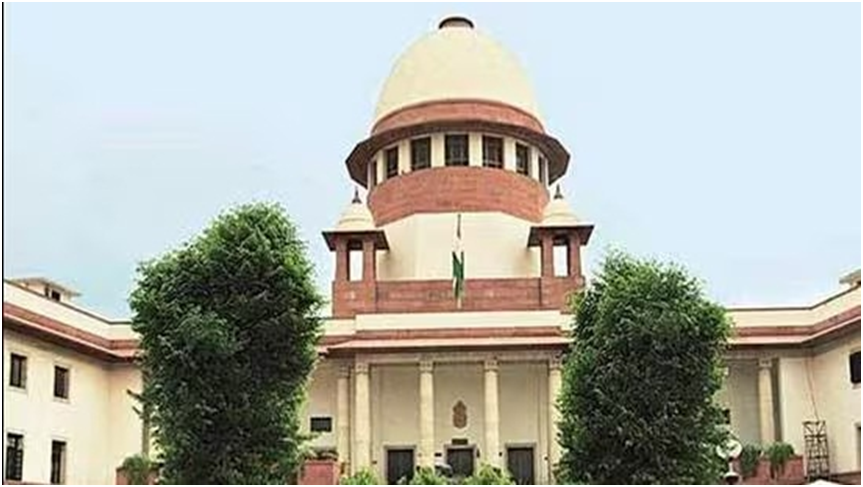

The Hindu Succession Act (HSA), 1956, which prevents a scheduled tribe (ST) woman from being treated equally with men when it comes to her portion of the paternal property, has been asked to be changed by the supreme Court.In a decision on Thursday, a bench comprising justices CT ravikumar and Sanjay Karol made the suggestion, citing a supreme court opinion from 2022 that stated that denying a woman her claim to her father's property is "bad in law."According to a relevant section of the HSA, members of STs are exempt from the law of succession unless specifically instructed by the central government through a notice published in the official gazette. Accordingly, the clause states that a daughter in a st community cannot lawfully claim her portion of her father's assets.The 2022 ruling, which bemoaned the provision's persistence after seven decades of India's independence, noted that if a daughter from a non-tribal group is entitled to an equal share of the father's property, there is no justification for denying a tribal community's daughter the same privilege.The 2002 verdict was upheld by Thursday's ruling. "It hereby reiterates the recommendation/suggestion made therein to the central government to investigate avenues to secure the right of survivorship to female tribals," it stated.
The relevant portion of the 2022 ruling, which said, "Female tribal is entitled to parity with male tribal in intestate succession," was also reproduced by the bench. It is time for the central government to investigate the matter and, if necessary, amend the provisions of the Hindu Succession Act that do not apply to members of the Scheduled Tribes. This is because, even after 70 years of the indian Constitution, which guarantees the right to equality, a daughter of a tribal family is still denied the same rights.On the grounds of justice, equity, and good conscience, the high court concurrently invoked the Central Provinces Laws Act, 1875, to award a portion of the suit property to certain tribal women who were the property owner's daughters.
The top court upheld the high court's decisions to apply the 1875 Act to award property rights to tribal women, pointing out that the property owner died in 1951, which was before the HSA was implemented and prohibited indigenous women.




 click and follow Indiaherald WhatsApp channel
click and follow Indiaherald WhatsApp channel